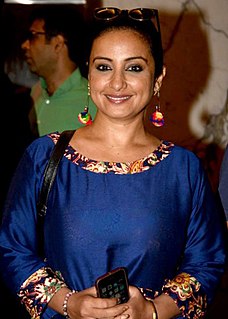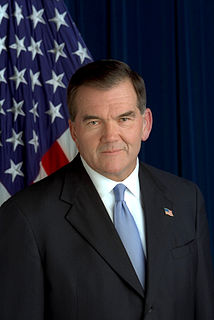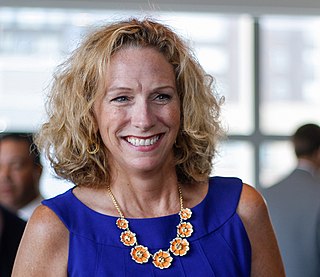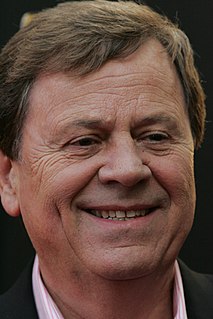A Quote by Madeleine Albright
I didn't want to set up a women's studies program. I thought women should learn to operate in a coeducational atmosphere, because, especially in national security and international affairs, it's male-dominated.
Related Quotes
In Stage I, divorces were not allowed, so men's [sexual] affairs did not put women's economic security in jeopardy; in Stage II, affairs could lead to divorce, so men's affairs did place women's economic security in jeopardy. We did not want political leaders who would be role models for behavior that would put women's economic security in jeopardy.
The programs supported by the International Affairs Budget are as essential to our national security as defense programs. Development and diplomacy protect our nation by addressing the root causes of terrorism and conflict. But it's not just about security. By building new markets overseas for American products, the International Affairs Budget creates jobs and boosts the economy here at home.
For years, more women were steered toward the studio or toward being a reporter. If that's what you want to do and that's what you love - by all means, go do it. That's OK to be ambitious and do things that are out of the norm if that's the route you want to take. We're already seeing women breaking down those barriers in what was once male-dominated. There are opportunities for women to fill those roles.
Men ruled the roost and women played a subservient role [in the 1960s]. Working wives were a rarity, because their place was in the home, bringing up the kids. The women who did work were treated as second-class citizens because it was a male-dominated society. That was a fact of life then. But it wouldn't be tolerated today, and that's quite right in my book... people look back on those days through a thick veil of nostalgia, but life was hard if you were anything other than a rich, powerful, white male.
I teach a graduate photo seminar at Yale, and I sometimes feel so overwhelmed by the task the students set before themselves to be artists, because - it seems so quaint, but when I picked up a camera with a group of other women, I'm not gonna say it was a radical act, but we were certainly doing it in some sort of defiance of, or reaction to, a male-dominated world of painting.











































